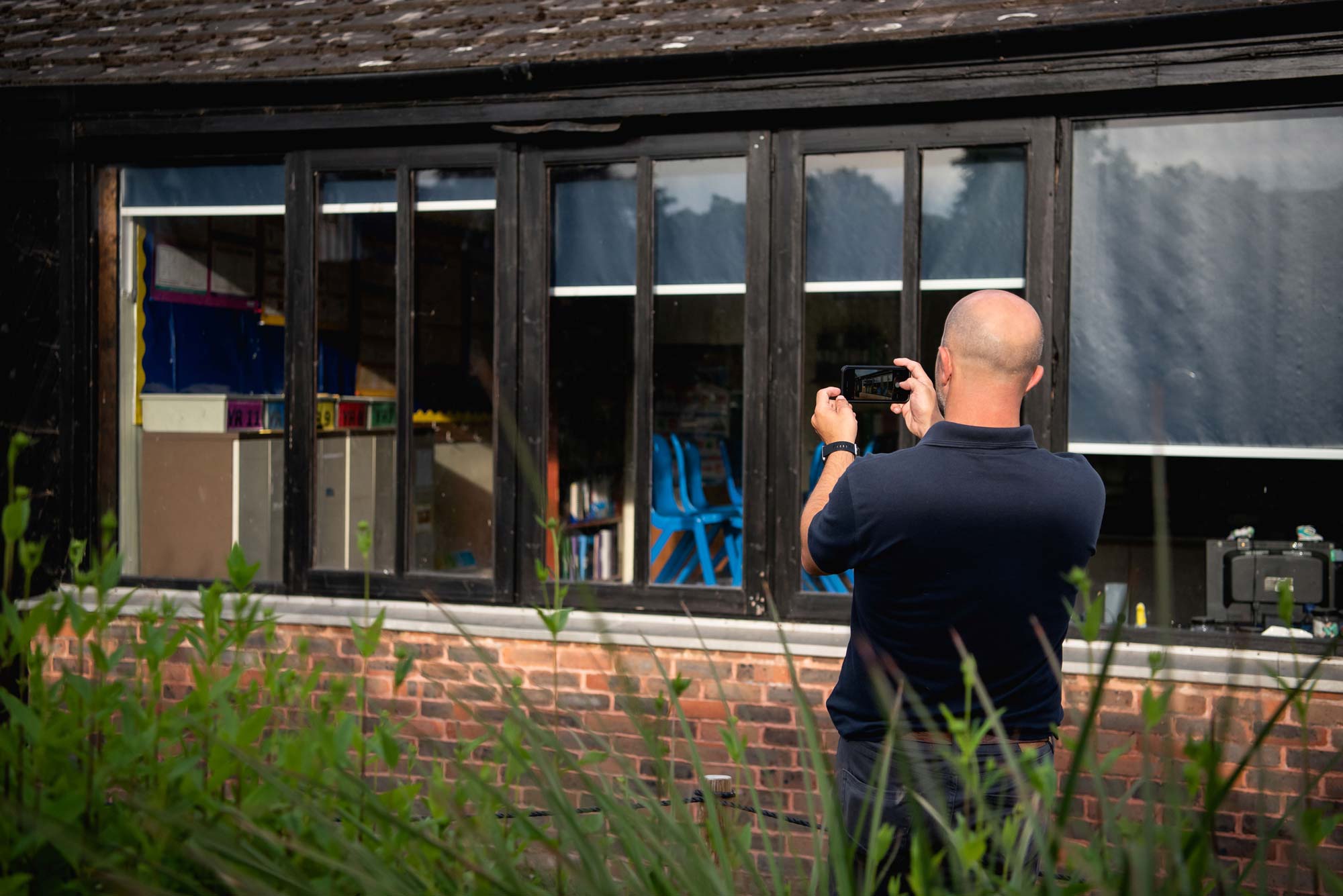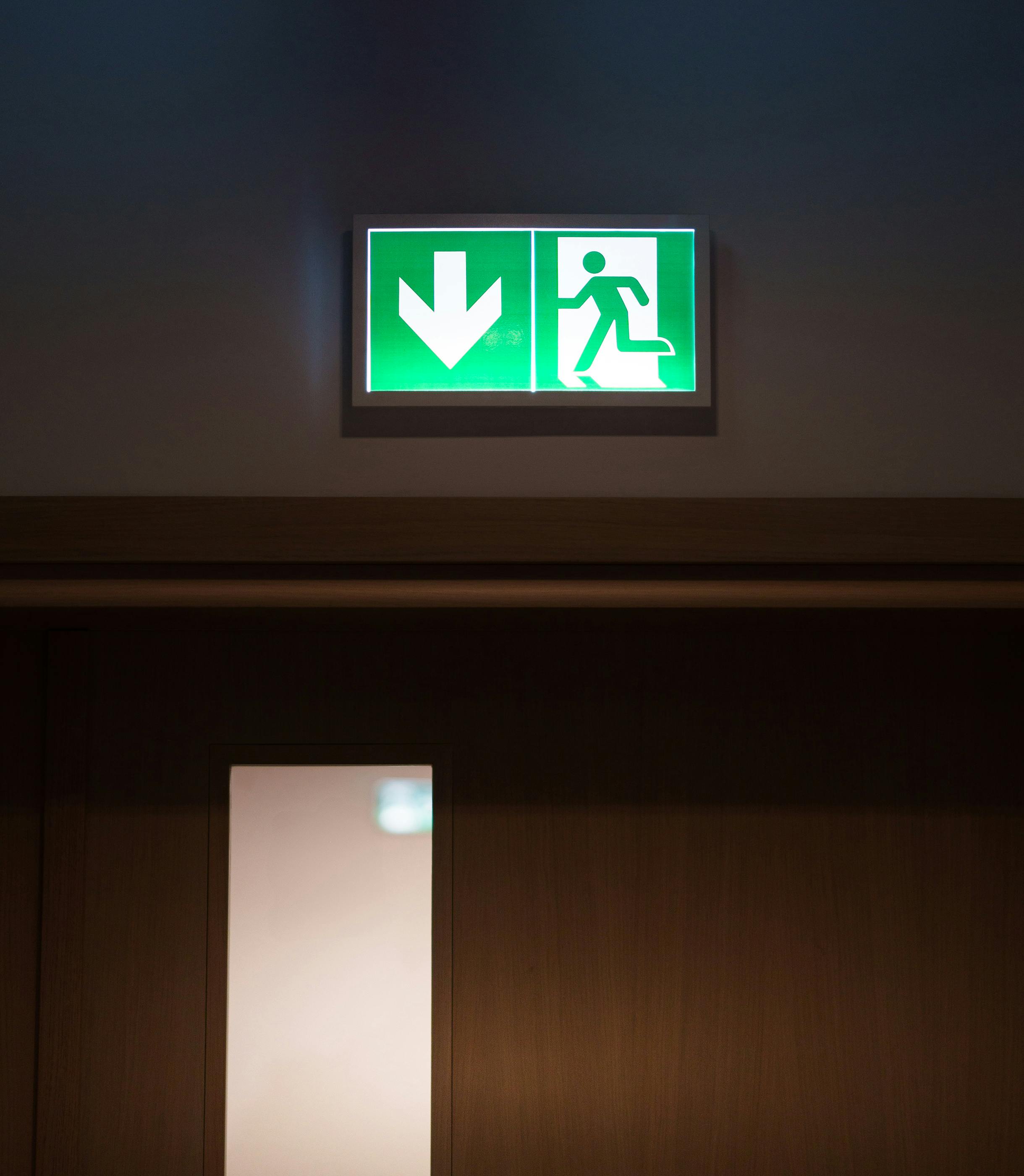
Start the Academic Year Safe: Year-Ahead Checklist for Asbestos, Fire & Legionella
Running a school brings many responsibilities and ensuring safety is always at the top of the list. At the start of a new academic year, reviewing your school’s compliance with asbestos, fire and legionella regulations is essential. A proactive approach not only keeps staff, pupils and visitors safe but also ensures you remain inspection-ready throughout the year.
Why Safety Checks Matter
The Health and Safety Executive (HSE) and Department for Education (DfE) require schools to maintain strict standards when it comes to asbestos management, fire safety and water hygiene. These aren’t just box-ticking exercises, they are critical safeguards. Failing to keep up with requirements can put people at risk and leave your school exposed to enforcement action.
Your Year-Ahead Safety Checklist
Asbestos Management
- Confirm your asbestos register is up to date and accessible.
- Review and refresh your asbestos management plan.
- Schedule re-inspections of known asbestos-containing materials (ACMs).
- Ensure staff and contractors are aware of asbestos locations and procedures.
- Record and action any remedial work promptly.
Fire Safety
- Review your fire risk assessment (must be up to date and reviewed annually or after significant changes).
- Test fire alarms, emergency lighting and extinguishers regularly.
- Schedule and record fire drills at least once per term.
- Ensure escape routes are clear, well signed and maintained.
- Provide fire safety training and refreshers for all staff.
Legionella Control
- Confirm your legionella risk assessment is current and reviewed every two years or after system changes.
- Schedule weekly flushing of infrequently used outlets.
- Carry out and record monthly hot and cold water temperature checks.
- Descale and disinfect shower heads and thermostatic mixing valves quarterly.
- Keep a log book with monitoring records, contractor reports and training evidence.
How To Stay Inspection-Ready
- Keep all safety documentation organised in a single, accessible place.
- Use digital or physical log books to record checks, tests and remedial actions.
- Assign clear responsibilities for asbestos, fire and legionella management.
- Schedule regular reviews of compliance records to avoid last-minute issues.
- Provide refresher training for staff so they understand their duties.
Frequently Asked Questions
Do all schools have asbestos?
Many schools built before 2000 contain asbestos in materials such as ceiling tiles, pipe lagging, or insulation boards. If present, it must be managed safely in line with the Control of Asbestos Regulations 2012.
How often should a school carry out a fire drill?
Fire drills should be carried out at least once per term to ensure staff and pupils know evacuation procedures.
What is a legionella risk assessment?
A legionella risk assessment identifies risks in a school’s water system that could allow bacteria to grow. It must be carried out by a competent person and reviewed every two years or after system changes.
Who is responsible for compliance in schools?
The duty holder, usually the employer (local authority, governing body, or academy trust), is legally responsible for ensuring asbestos, fire and legionella are managed safely.
What records should schools keep for compliance?
Schools must maintain an asbestos register and management plan, fire safety logs (including drills and equipment checks) and a legionella log book with temperature checks, flushing records and maintenance reports.
Building a Culture Of Safety
A strong compliance routine is more than just passing inspections. It helps create a safe, confident environment where staff and pupils can focus on learning. By embedding safety tasks into your annual school calendar, you reduce stress and ensure nothing is missed.
Final Thoughts
Starting the academic year with an asbestos, fire and legionella checklist ensures your school meets its legal duties and protects everyone on site. Regular monitoring, good record keeping and proactive planning are the keys to staying safe and inspection-ready all year round.
If you need support with asbestos surveys, fire risk assessments, or legionella management, Summit Environmental can help keep your school safe and compliant.

